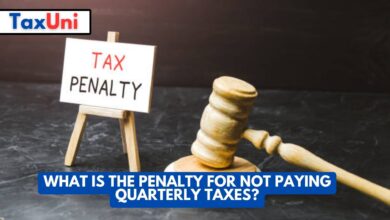Massachusetts Property Tax
Property taxes are the primary source of revenue for many Massachusetts cities and towns. The amount of property tax is based on the local tax rate and the value of the property.

Property taxes are the main source of funding for local government services, including schools, police, and infrastructure. These taxes are based on the assessed value of real estate, which is determined by a local tax assessor. Typically, the assessed value is calculated using comparable sales in the area. However, the assessed value may not always align with the actual market value of a property. In such cases, the owner can appeal the assessment or use available exemptions to lower their bill.
Massachusetts state’s average property tax rate is 1.23%, which ranks it 18th in the nation. While this rate is not prohibitive, it can be a significant burden for owners of rental properties. This is why it’s important to understand the factors that influence property taxes in Massachusetts.
Massachusetts Property Tax Due Dates
Real estate and personal property taxes in Massachusetts are billed on a fiscal year basis, which begins on July 1 and ends on June 30. The first two quarters are estimated bills, and the third bill is an actual tax bill based on the current year’s tax rate. Taxes are due within 30 days of the date of the bill. The Town of Boxborough also adds a 1% surcharge on local property taxes to fund the Community Preservation Act (CPA).

Massachusetts Property Tax Exemptions
Massachusetts property taxes are among the highest in the country, and they can significantly impact residents’ budgets. The state has a wide range of exemptions that can reduce or eliminate this tax burden. These include exemptions for religious and charitable organizations, the elderly, and blind people. Exemptions can also be applied to homeowners with low incomes. The process is conducted by local assessors, who are either elected or appointed by local governing bodies.
The city of Worcester has a number of property tax exemptions for individuals and businesses. These exemptions reduce the amount of money the city collects from property taxes and help residents afford to buy homes. In addition, the city has a variety of other property tax exemptions for veterans, senior citizens, and disabled individuals.





